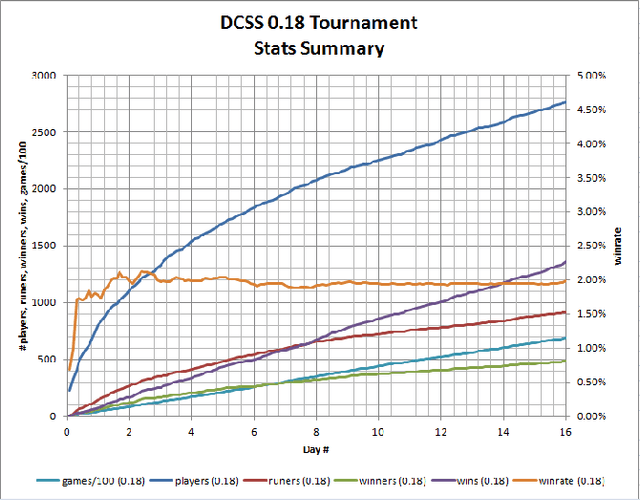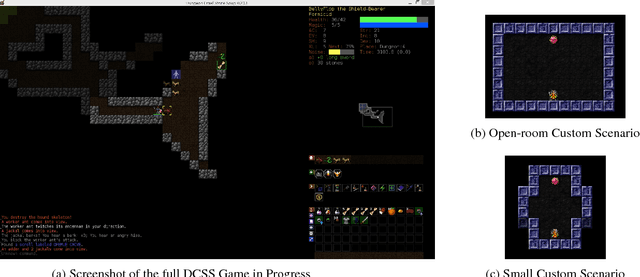Jonathan Decker
Chat AI: A Seamless Slurm-Native Solution for HPC-Based Services
Jun 27, 2024Abstract:The increasing adoption of large language models (LLMs) has created a pressing need for an efficient, secure and private serving infrastructure, which allows researchers to run open-source or custom fine-tuned LLMs and ensures users that their data remains private and is not stored without their consent. While high-performance computing (HPC) systems equipped with state-of-the-art GPUs are well-suited for training LLMs, their batch scheduling paradigm is not designed to support real-time serving of AI applications. Cloud systems, on the other hand, are well suited for web services but commonly lack access to the computational power of clusters, especially expensive and scarce high-end GPUs, which are required for optimal inference speed. We propose an architecture with an implementation consisting of a web service that runs on a cloud VM with secure access to a scalable backend running a multitude of AI models on HPC systems. By offering a web service using our HPC infrastructure to host LLMs, we leverage the trusted environment of local universities and research centers to offer a private and secure alternative to commercial LLM services. Our solution natively integrates with Slurm, enabling seamless deployment on HPC clusters and is able to run side by side with regular Slurm workloads, while utilizing gaps in the schedule created by Slurm. In order to ensure the security of the HPC system, we use the SSH ForceCommand directive to construct a robust circuit breaker, which prevents successful attacks on the web-facing server from affecting the cluster. We have successfully deployed our system as a production service, and made the source code available at https://github.com/gwdg/chat-ai
DECICE: Device-Edge-Cloud Intelligent Collaboration Framework
May 04, 2023Abstract:DECICE is a Horizon Europe project that is developing an AI-enabled open and portable management framework for automatic and adaptive optimization and deployment of applications in computing continuum encompassing from IoT sensors on the Edge to large-scale Cloud / HPC computing infrastructures. In this paper, we describe the DECICE framework and architecture. Furthermore, we highlight use-cases for framework evaluation: intelligent traffic intersection, magnetic resonance imaging, and emergency response.
Dungeon Crawl Stone Soup as an Evaluation Domain for Artificial Intelligence
Feb 05, 2019

Abstract:Dungeon Crawl Stone Soup is a popular, single-player, free and open-source rogue-like video game with a sufficiently complex decision space that makes it an ideal testbed for research in cognitive systems and, more generally, artificial intelligence. This paper describes the properties of Dungeon Crawl Stone Soup that are conducive to evaluating new approaches of AI systems. We also highlight an ongoing effort to build an API for AI researchers in the spirit of recent game APIs such as MALMO, ELF, and the Starcraft II API. Dungeon Crawl Stone Soup's complexity offers significant opportunities for evaluating AI and cognitive systems, including human user studies. In this paper we provide (1) a description of the state space of Dungeon Crawl Stone Soup, (2) a description of the components for our API, and (3) the potential benefits of evaluating AI agents in the Dungeon Crawl Stone Soup video game.
 Add to Chrome
Add to Chrome Add to Firefox
Add to Firefox Add to Edge
Add to Edge